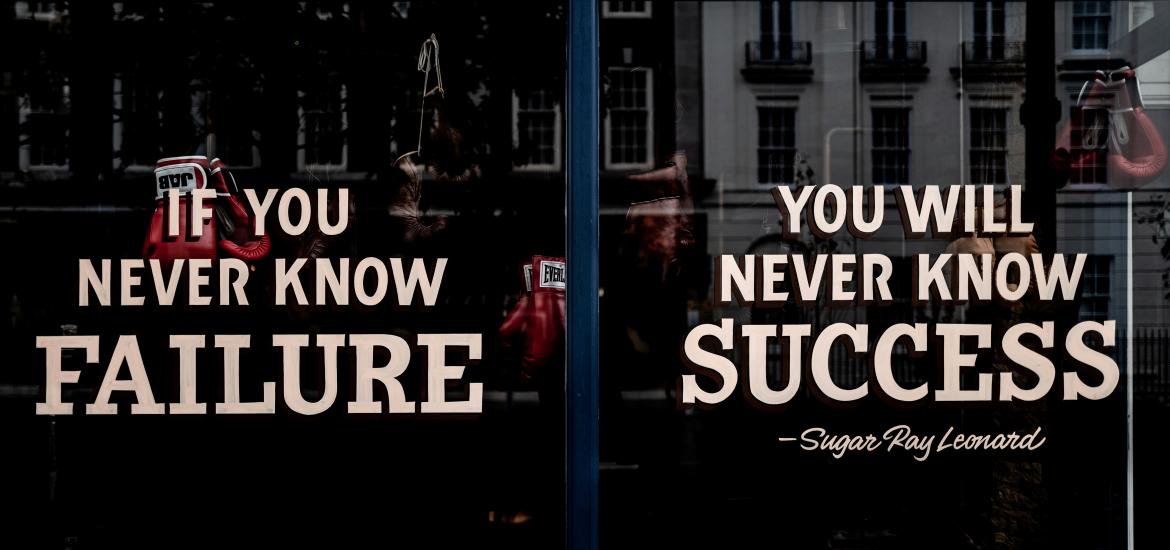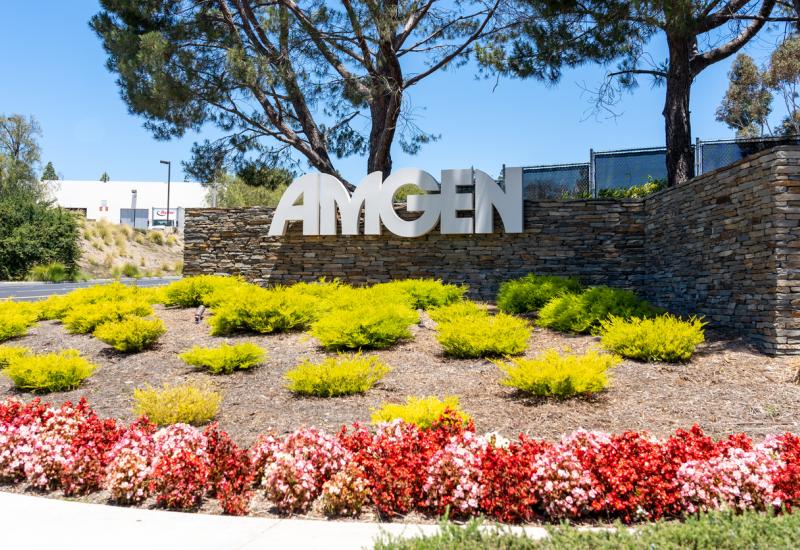
Opinion: dealing with failure, iTeos style
When your investment case breaks down, why not just do the decent thing?
When your investment case breaks down, why not just do the decent thing?

For any biotech that's still flush with money raised during times of plenty, the question of what to do when a lead project fails can be divisive. In recent weeks iTeos Therapeutics faced this situation when its anti-TIGIT MAb belrestotug bombed, and its decision was swift: to cease operations and hand as much cash as possible back to investors.
It hardly needs saying that a massive clinical failure like this is terrible news, and iTeos could be criticised for persevering (with its partner GSK) with belrestotug in the face of mounting evidence against the TIGIT mechanism. But the company's stance is highly admirable; remarkably, taking such drastic action is relatively rare in biotech.
A temptation for biotech senior managers is to continue paying handsome salaries and carrying out what passes for drug development. Turkeys rarely vote for Christmas, and – in the absence of a concerted body of activist investors – there seems little pressure on biotech C-suite members to do themselves out of a job.
One unfortunately common blueprint is to mine a clearly failed study for any post hoc signal, however spurious, on the basis of which victory can be declared and development continued. Alternatively, if this fails then a new project is sought to which attention – and valuable R&D dollars – can be diverted.
That iTeos hasn't pursued either option should be commended. In recent years only a few other failed biotechs can be similarly praised. Clavis Pharma, for instance, staked its investment case on the gemcitabine formulation CO-101, saying if this failed the company would close; when it did fail Clavis followed through on its promise.
Cargo, which like iTeos was sitting on a large pile of cash when its own investment case unravelled in March, at first attempted a pivot to a backup asset, but swiftly also admitted that the best course of action was to put investors out of their misery sooner rather than later.
And perhaps the most remarkable case of placing investors first after a failure was shown by Merrimack, which in 2017 became an entity with zero employees, administered only by consultants, whose sole purpose was to await a possible milestone payment from Ipsen. When that came five years later Merrimack was wound up and distributed the cash as a one-off shareholder windfall.
Survival mode
Contrast this with Clovis Oncology, which burned through nearly $3bn with a zeal that was only stopped by its 2022 bankruptcy.
The company's most notorious shortcoming was rociletinib, an EGFR inhibitor whose efficacy always looked worse than Tagrisso's, and whose link with diabetes was only grudgingly disclosed at an ASCO 2014 analyst event. Even so, rociletinib was pursued to US filing and a complete response letter.
Sutro took too long to recognise the inevitable and discontinue luveltamab tazevibulin, but it continues with a (now preclinical) pipeline of ADC molecules. Still in play is ALX Oncology, which against the odds continues to plough R&D cash into a CD47 inhibitor, and which has even positioned a speculative preclinical asset to which it can pivot.
Lyell has already found a pivot of its own through the $30m acquisition of ImmPACT Bio. Lyell's massive 2021 IPO meant that, like Cargo and iTeos, the company was flush with cash when disaster struck, but unlike Cargo and iTeos this biotech has decided to continue spending.
Meanwhile, MacroGenics only in March discontinued vobramitamab duocarmazine – nearly a year after this project's trial was stopped following patient deaths. MacroGenics is now funding an early-stage pipeline, though it might soon be under new management, as Lyell and Sutro already are.
So why do investors put up with this? One reason is that once a portfolio stock's value is wiped out that investment tends to be written off, meaning that speculative holders move in, betting on any remaining upside and a now limited downside. Another is that it's difficult for shareholder activism to be organised into a coherent force.
But biopharma is inundated with failure, and clinical trial disasters are the industry's bread and butter. There's no shame in accepting this, being up front about the risks and, like iTeos, in doing the decent thing.
1103













